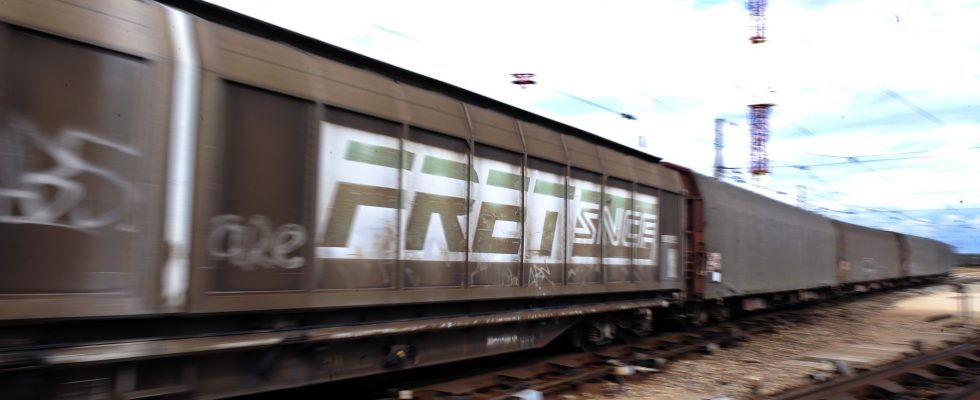The government has tried to play the ecological fiber of the European Commission against the rules of competition. It missed. There will be no preferential treatment for Fret SNCF. Already targeted by a complaint from competitors filed in 2016, the leading French freight operator is under an in-depth investigation opened by Brussels in January. He is suspected of having benefited from State aid potentially not in conformity with European dogma between 2007 and 2019. The subject crystallizes around the cancellation of a debt of 5.3 billion euros, the reimbursement of which would put automatically Fret SNCF KO.
To avoid this catastrophic scenario, Paris is keeping a low profile. No arm wrestling, but a velvet glove. Objective: to adopt a solution of “discontinuity” at Alitalia, less severe. Clearly, Fret SNCF would be dismantled to make way for a new, more modest entity. Its activity relating to dedicated trains, that is to say chartered by single customers, would be ceded to competition. 10% of the 5,000 employees would be reclassified at the SNCF. The capital of the planed company could open up to “minority shareholders, who would not question public management”, still promises the executive. As for Fret SNCF’s debt? Gone forever.
Essential for reducing CO2 emissions
Presented as a lesser evil, the scenario will be examined in the coming months. Brussels will make its decision “ideally before the end of the year”. Suspense. What is certain is that no one wins the case. Because the fine of Fret SNCF in the name of free competition falls to the worst. Weighed down by the poor state of the infrastructure and the frontal competition of the road, rail freight had timidly got back on track during the Covid… Until it was close to 11% share in the transport of goods in 2021! A record for France, light years ahead of its European neighbors on the issue. And good news for Fret SNCF. Chronically in deficit, the company had finally generated a positive operating result.
Never mind the soft spot observed at the start of the year due to the rise in electricity prices and the strikes. All hopes were high: the revival of freight transport by rail in France, in free fall since its opening to competition in 2006, and the concomitant reduction in emissions from the transport sector, by far the largest national emitter of CO2. Will the Fret SNCF file cause everything to fall apart?
At the head of the State, it is said that there is no question of letting the subsidiary’s traffic slip into the hands of the road operators. It is “a red line” fixed within the framework of the negotiations with Brussels, in the same way as the guarantee of employment and the maintenance of a public operator of reference. To signify his complete dedication to the cause to the rail players, the Minister of Transport Clément Beaune has also decided to put his hand in the portfolio. The end of “whatever it takes” will wait. State aid paid to the sector will be increased from 170 million euros to 200 million per year from 2025. An investment plan of 4 billion euros, half of which will be public money, is also planned. France’s objective remains unchanged: to double the modal share of freight by 2030. There has been a better alignment of the planets to achieve such ambitions.
